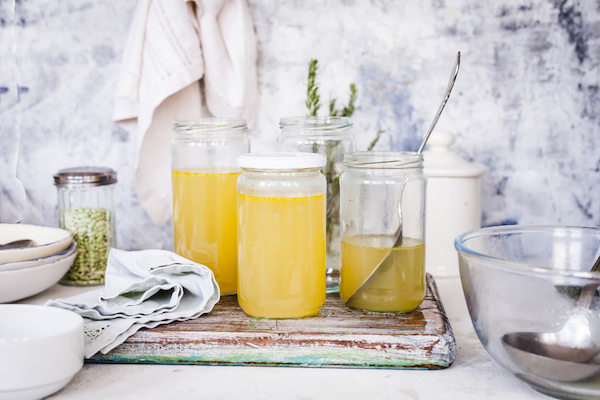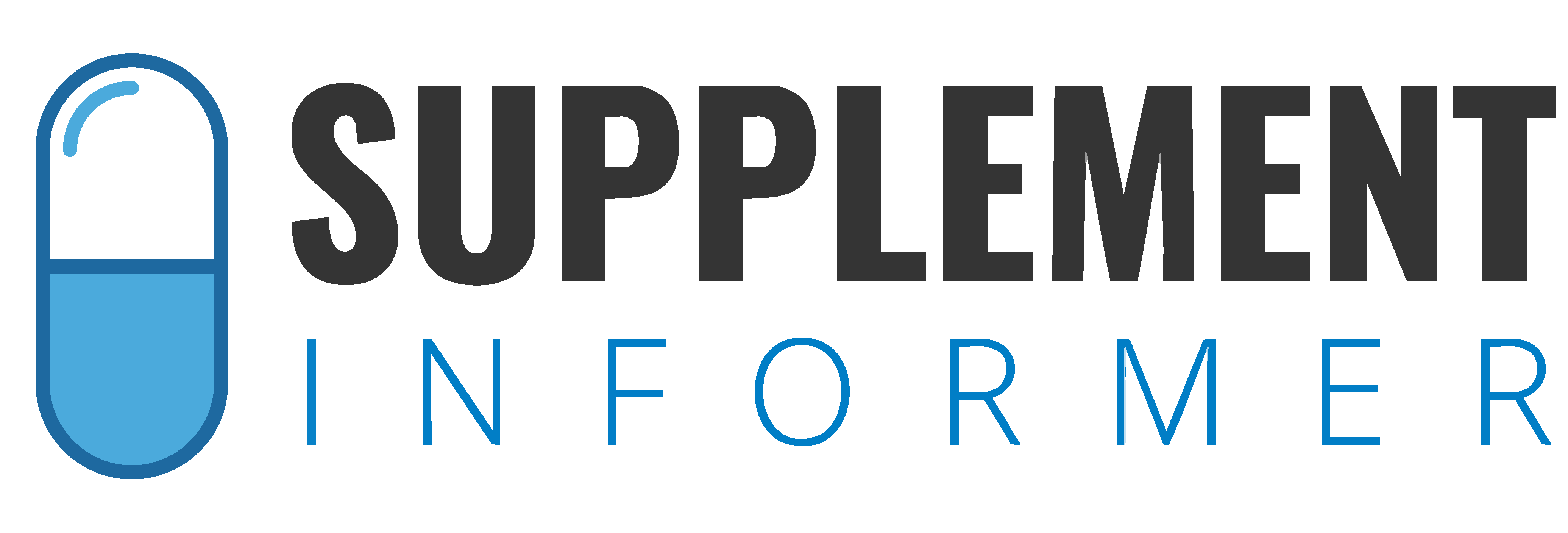What Taking Collagen Can Do For Your Skin
Confused about collagen? Jessica Bippen, MS, RDN, explains what collagen is, collagen benefits, and what you should look for in a collagen supplement.
WHAT IS COLLAGEN?
Collagen is the most abundant protein in the body. It makes up your connective tissues that support your joints and gives our skin its strength and elasticity. It also plays an important role in your hair, nails, bones, and intestinal lining.
Collagen isn’t considered a complete protein since it doesn’t contain all nine essential amino acids. However, it’s a unique type of protein that gets the majority of its structure from two amino acids our bodies produces: glycine and proline.
WHY SUPPLEMENT WITH COLLAGEN
In recent years, collagen has exploded as a popular ingredient to supplement. Here’s why many people choose to supplement with collagen.
As we age, collagen production slows. This gradual loss of collagen starts in the late 20’s and early 30’s. It’s one of the major contributors to the aging process. The most noticeable sign is skin looking less pump, which brings with it fine lines and wrinkles.
Aside from age, many lifestyle factors play a role in diminishing collagen in the body. Here are a few lifestyle factors that can impact collagen production:
- Exposure to sun
- Alcohol intake
- Refined sugar intake

So if you want to support your skin as you age, or simply to combat the negative side effects of sun, sugar and alcohol, collagen supplements may be for you.
COLLAGEN BENEFITS
Most of the research on collagen focuses on skin, joint, and bone health. These studies look promising!
FOR YOUR SKIN
Since collagen degrades and production slows as we age, the skin starts to show fine lines and wrinkles.
Studies show that taking collagen can improve the skin’s moisture, elasticity, wrinkles, and roughness.
FOR YOUR JOINTS
Another part of the aging process includes stiff joints. Since collagen makes up part of the cartilage in our joints, this padding in our joints starts to wear as we age.
Research shows that collagen helps joints move more easily and reduces pain associated with deterioration. In addition, consuming collagen peptides may even help increase bone-healing response.
OTHER BENEFITS
Other claims that have been made in regards to gut health, metabolism, and weight loss have limited amounts of research. Or, the research focuses on the specific amino acids that make up the majority of collagen’s structure.
While these claims don’t have the research to fully support it, that doesn’t mean it isn’t helpful. It’s just important to be aware of the research and make an informed decision based on the reasons you’re looking to incorporate collagen into your diet.

HOW TO GET COLLAGEN BENEFITS IN YOUR DIET
The best sources of collagen come from eating animal proteins such as:
- beef
- chicken
- pork
- fish
- egg whites
Bone broth is another source of collagen you can easily incorporate into your diet by using it in cooking or sipping it as a warm, savory drink.
HOW TO CHOOSE THE BEST COLLAGEN SUPPLEMENT
For a more concentrated form of collagen, you can take a daily collagen supplement.
Not all collagen is created equally. Since collagen is an animal product, it’s important to choose collagen from a reputable source. Look for collagen that comes from grass-fed, pasture-raised animals, or wild-caught fish.
Then, choose something that works for you. Consistency is key for seeing results. If you’re already taking vitamins daily in the morning, a pill form like Collagen Love is easy to incorporate to your existing routine. Tend to forget? Collagen Pop is deliciously memorable to remind you to make time for your daily collagen habit.
VEGAN COLLAGEN SUPPORT
Since collagen is found in animals, there aren’t any vegan sources of collagen. However, there are nutrients that help support collagen production.
Here are vegan-friendly micronutrients you can supplement to support your body’s natural collagen production:
- Vitamin A
- Vitamin C
- Zinc
- Copper
- Iron
COLLAGEN CAVEATS
The good news is collagen is generally safe and well-tolerated. Many individuals find that consuming collagen is easier on the digestive system than other protein powders.
Just remember collagen isn’t a complete source of protein, so it shouldn’t be used as the main source of protein in your diet.
It’s also important to understand that the body breaks down all types of protein and collagen into amino acids. The collagen you take just helps to ensure you’re not missing any of the building blocks needed for collagen production. Think of it as an insurance policy!
Finally, it’s important to note that if you have any sort of a collagen disorder—for instance, if your body doesn’t produce enough of it. You should consult with your doctor before starting any collagen supplementation.



